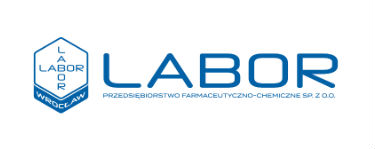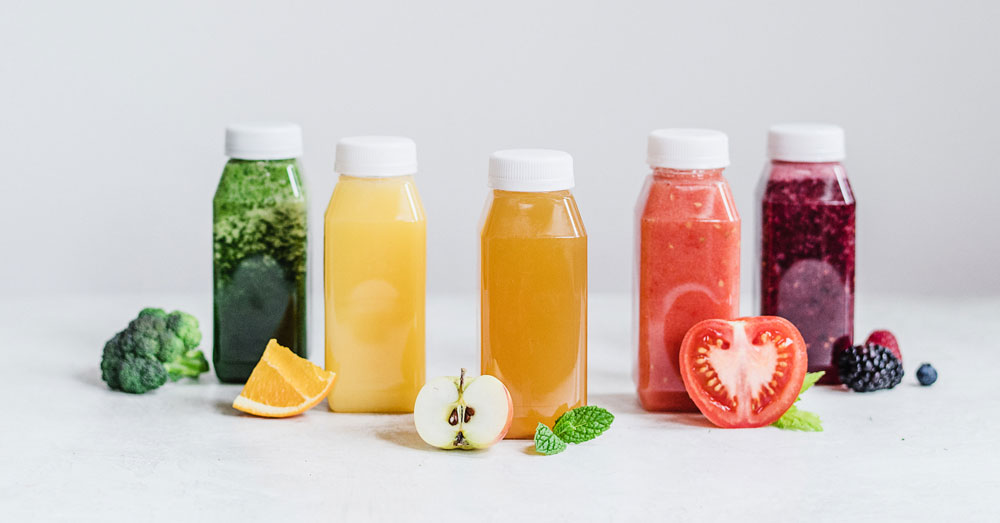Summary
Immunity is a state of the organism in which it is resistant to various unfavorable factors, such as food
deficiency and toxins. We divide it into specific and non-specific immunity, depending on the
specificity of its action. It can be weakened by various factors, including by sleep deprivation and
smoking. Examples of immune-boosting elements include an appropriate diet and physical activity
adapted to the body’s capabilities. Preparations containing the extract of echinacea and vitamin C of
natural origin also have a positive effect on its support.
Echinacea (Echinacea purpurea) extract is a commonly known and used agent that strengthens the
body’s immunity. Echinacea monograph, published by the EMA, as an indication for the
administration of echinacea extract, mentions its use in prevention and treatment. Recommended
preparations containing purple coneflower extract, vitamin C from natural sources and zinc are, for
example, Echimunn C, containing vitamin C from rosehip extract (Rosa canina) and purple coneflower
herb extract (Echinacea purpurea), containing 4% polyphenols and also zinc.
A similar product is Echimunn tablets, which includes the extract of Echinacea purpurea herb,
containing 4% polyphenols, which corresponds to 1000 mg of dried herb.
What is immunity?
Immunity – the state of the organism’s resistance to adverse external factors, such as lack of water,
lack of food, the presence of toxins, parasites, pathogenic microorganisms. In biology, immunity is
understood as maintaining the equilibrium state of multicellular organisms between the efficient
mechanisms of biological defense against infection and disease states and the maintenance of the
state of tolerance, which prevents allergies and autoimmune diseases. A special type of immunity is
immunological immunity [1].
How does the human immune system work?
Organism is protected against infections, as well as the adverse effects of harmful substances from
the environment, by two protective systems:
1) Non-specific immunity
It is a system of barriers that prevent harmful factors from entering into the body. Non-specific
immunity is based on physical, chemical and cellular barriers.
? Physical barriers that create mechanical protection are the main obstacles that pathogens
encounter when trying to enter our body. The body is protected against the penetration of
environmental factors by the skin and mucous membranes of the respiratory and urinary tract and
the digestive tract. The body also gets rid of pathogens through protective reflexes, such as sneezing,
coughing or vomiting.
? Chemical barriers include secretions such as sweat and tallow, hydrochloric acid in the stomach, and
substances in tears and saliva that kill bacteria and viruses.
? The cell barrier is the defence cells – leukocytes and macrophages. They are activated when
pathogens manage to overcome physical and chemical barriers and penetrate the body’s tissues.

2) Specific immunity
? When pathogens enter the body’s tissues and begin to spread there, the immune system,
responsible for the generation of specific immunity, intervenes. It recognizes and then neutralizes
specific microorganisms. There is an increase in the activity of leukocytes, macrophages and T and B
lymphocytes (white blood cells).
? Viruses and bacteria have, on their surface, antigens which are specific types of proteins.
Lymphocytes B present in the blood produce appropriate antibodies that match the shape of a
specific antigen. This mechanism is called the induced fit model. From the moment of contact with a
foreign antigen, the number of antibodies in the bloodstream increases rapidly.
? Viruses and bacteria have antigens, which are specific types of proteins, on their surface. B
lymphocytes present in the blood produce appropriate antibodies that match the shape of a specific
antigen. This mechanism is called the induced fit model. From the moment of contact with a foreign
antigen, the number of antibodies in the bloodstream increases rapidly. The antibodies surround the
identified pathogen. It is a signal for macrophages, cells of the immune system capable of devouring
foreign bodies, to destroy such indicated objects. The specificity of antibodies means that a certain
type of antibodies is capable of being destroyed only for the antigen to which they are matched. After
fighting foreign bodies, a certain number of lymphocytes remain in the bloodstream – memory cells
that, in the event of another infection, are able to multiply rapidly, produce specific antibodies and
start the fight against recognized, already known pathogens, preventing the development of another
infection. T lymphocytes also destroy damaged cells of the body’s own, e.g. defective cells or infected
with viruses.
What does weaken our immunity?
There are many factors that can weaken our immunity. The most important of them include:
? Cigarette smoking – there are over 4,000 toxic substances in tobacco smoke, often also carcinogenic.
? Abuse of alcohol, which penetrates quickly into the blood and lymphatic system, kills in them
immune cells,
? Inadequate nutrition – a diet containing, for example, an insufficient amount of vitamins and trace
elements, while at the same time too high in fats and calories,
? Irregular lifestyle – has a negative impact on our physical condition, which also means weakening
the functioning of our immune system,
? Sleep deficit – the state of fatigue weakens the body, and thus reduces our immunity,
? Emotional stress – the immune system closely interacts with the central nervous system, and its
disturbances have a negative effect on the immune system.
How can we improve immunity?
The basic factors that increase our immunity are:
? Physical activity – we should exercise for 30 – 60 minutes, at least 3 times a week. Walking, jogging,
swimming, cycling and outdoor exercise games are especially recommended. However, it should be
remembered that the intensity of exercise should be adjusted to the age and general physical
capacity. It should be increased gradually.
? Regular lifestyle, avoiding stress, getting enough sleep.?
? Quenching – frequent outdoor activities, avoiding overheating (but it does not mean overcooling
and getting wet!). It is the best to start hardening the body in the summer season.
? A proper diet that includes age and gender-appropriate amounts of nutrients such as proteins,
carbohydrates and fats; it should also cover the daily requirement for micronutrients, e.g. zinc, as well
as basic vitamins (e.g. vitamin C, B vitamins and vitamins A, D3 and E contained in fats). Doctors
especially emphasize the role of ascorbic acid (vitamin C), which reduces the permeability of
capillaries and strengthens their walls, which increases the resistance of mucous membranes to
infections. Vitamin C from natural sources, such as rosehips, is especially valuable.
Echinacea (Echinacea purpurea) extract is a commonly known and used agent that strengthens the
body’s immunity.
Echinacea monograph, published by the European Medicines Agency [2], mentions its use in the
prevention and treatment of colds as an indication for the administration of echinacea extract.
However, therapy should not last longer than 10 days.
Recommended products containing purple echinacea extract and vitamin C from natural sources and
zinc are, for example, Echimunn C with vitamin C derived from rosehip extract (Rosa canina with an
extract of echinacea herb (Echinacea purpurea), containing 4% polyphenols and zinc.
A similar preparation is Echimunn tablets, which includes the extract of Echinacea purpurea herb,
containing 4% polyphenols, corresponding to 1000 mg of dried herb.
AUTHOR: Dr n. farm. Andrzej Tarasiuk
Bibliography:
1. Wikipedia ( https://pl.wikipedia.org/wiki/Odporno%C5%9B%C4%87 ).
2. 24 November 2015 EMA/HMPC/48704/2014 Corr 1 Committee on Herbal Medicinal
Products (HMPC) European Union herbal monograph on Echinacea purpurea (L.)
Moench, herba recens [ https://www.ema.europa.eu/en/documents/herbal-
monograph/final-european-union-herbal-monograph-echinacea-purpurea-l-moench-
herba-recens_en.pdf ]?




